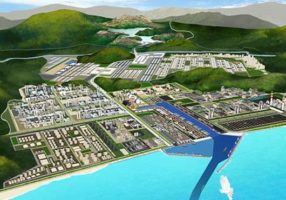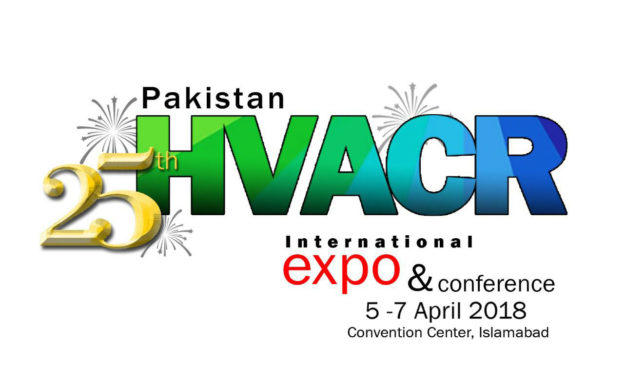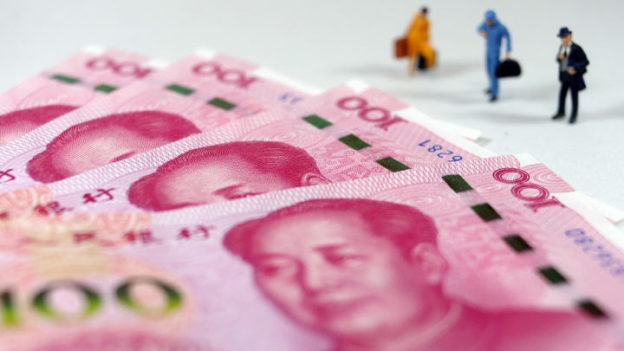Pakistani Manufacturers start selling Chinese-made products with ‘Made in Pakistan’ tags!
Beijing’s push for further trade liberalization under second phase of the Pakistan-China free trade agreement (FTA) may severely dampen prospects of Chinese investment in prioritized special economic zones (SEZs) being set up under (CPEC).
It would be convenient and cheaper for Chinese companies to manufacture in China and import products into Pakistan at zero duties, which would render the SEZs useless, officials in the Board of Investment (BOI) fear.This will also dash Pakistan’s hopes of starting a new wave of industrialization as almost 60% of the national output is contributed by the services sector which is not job-oriented. This means Pakistan is en route to becoming a trading nation.
Another worrisome aspect of the proposed second phase of the FTA, called FTA-II, is that it is shrouded in secrecy. Both Federal Board of Revenue (FBR) and the BOI were not aware of the tariff lines on which the commerce ministry wanted to slash duties to zero.
The timing of the FTA-II is also a matter of concern for some government agencies as Pakistan is not yet ready for further open trade due to a lack of product diversification and high cost of doing business.The Commerce Ministry says it will not sign the FTA unless every stakeholder is on board including the BOI and FBR.
Prime Minister Shahid Khaqan Abbasi will visit Beijing next month and the government intends to sign the expanded FTA with China. Pakistan has reportedly agreed to offer zero duties on 75% of tariff lines, which constitute roughly 5,340 out of total 7,120 tariff lines. About 35% of tariff lines were already subjected to zero duties, which have caused huge losses to the domestic industries.
It was unearthed in a meeting of the Senate Standing Committee on Finance that Pakistani manufacturers have even started importing goods from China and selling them as ‘Made in Pakistan’ products by placing their stamps on them.The FBR is concerned that the proposed 75% reduction in customs duty will adversely hit its revenues. However, the government said it did not care about the revenue loss because the FTA-II would help increase Pakistan’s exports to China from the current $1.5 billion to $9 billion. – ER Monitoring Desk









